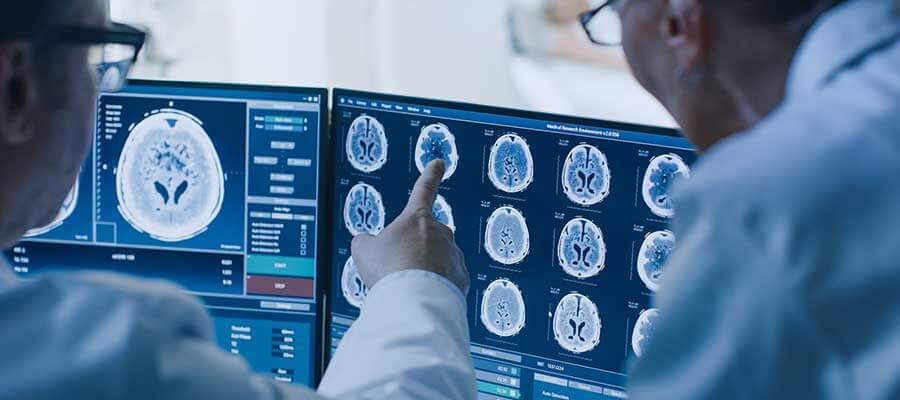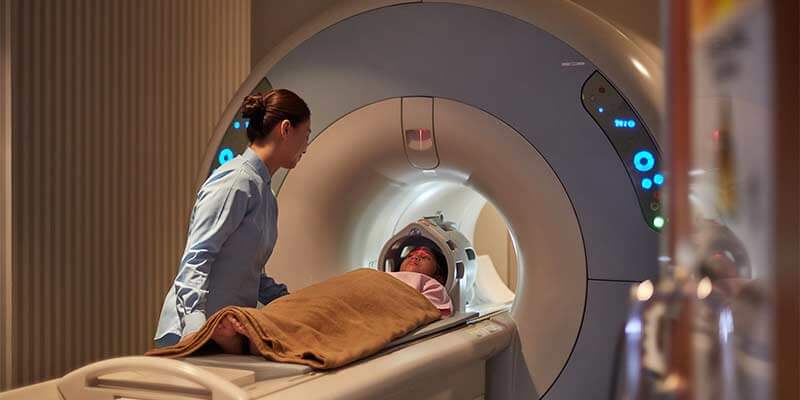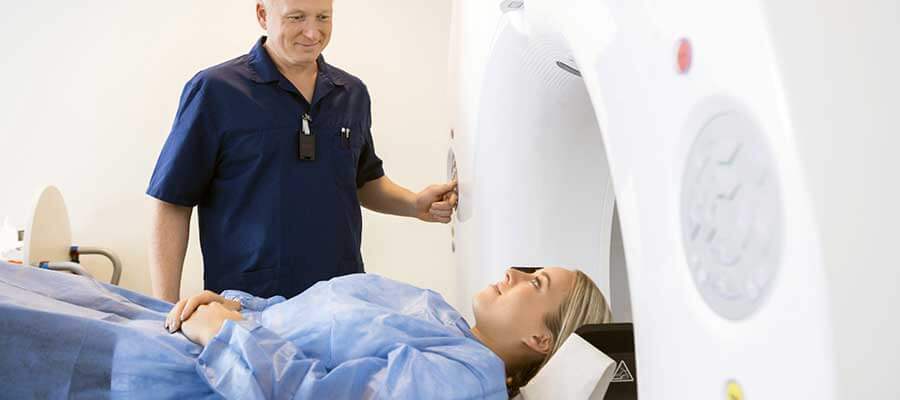Being an MRI technologist involves more than just enrolling in MRI programs. It requires dedication, licensing, and certification to ensure you’re fully prepared for this critical healthcare role. If you’re considering this career path, understanding the education and training requirements is the first step toward success.
MRI technologists are essential healthcare providers who undergo rigorous training to master their craft. While the journey may not be as extensive as that of a physician, it still requires a significant investment of time, effort, and commitment. To excel in this field, you’ll need to complete accredited MRI programs and clinical training and obtain certification.
Top MRI Programs for Aspiring MRI Technologists
Many MRI technologists begin their careers from another healthcare background or as radiologic technologists. If you’re just starting out, you might want to consider pursuing an associate degree in radiologic science. This foundational degree covers essential topics like anatomy, pathology, patient care, radiation physics, and image evaluation. Once you’ve completed your associate degree, you can enroll in specialized MRI programs to transition into this advanced role.
Key Courses in MRI Programs
- Patient Care & MRI Safety – As an MRI technologist, you must prioritize patient safety and comfort. MRI programs prepare you to communicate effectively with patients, guide them through the scanning process, and address any concerns they might have.
- Anatomy and Pathology – These courses provide a comprehensive understanding of human anatomy and the structure of diseases. This knowledge is crucial for obtaining accurate images of internal organs, which assist physicians in diagnosing conditions.
- MRI Procedures – Master the step-by-step processes for conducting MRI scans, from patient positioning to understanding slice planning during each MRI exam.
The Importance of Clinical Training
MRI programs aren’t purely theoretical. Clinical training is a vital component of your training. Look for programs that include clinical training sessions, where you’ll work with mentors or experienced MRI technologists. Hands-on practice ensures you’re proficient in operating MRI scanners, positioning patients correctly, and troubleshooting any technical difficulties.
Familiarity with the equipment is also essential for landing a job. Employers often prioritize candidates with direct experience handling MRI machines. If you complete an MRI program without hands-on exposure, it may be challenging to secure a position in the field.
Certification and Licensing
After completing your MRI program and clinical training, the next step is certification. The ARMRIT (American Registry of Magnetic Resonance Imaging Technologists) and ARRT (American Registry of Radiologic Technologists) are the two primary organizations that provide certification exams for MRI technologists. Passing these exams demonstrates your competence and allows you to practice in the field.
Take the Next Step in Your MRI Career
Investing in the right MRI programs is the key to building a successful career as an MRI technologist. With the proper education and experience, you’ll be equipped to excel in this high-demand field.
Contact us today to learn more about our accredited MRI programs, flexible training options, and how we can help you achieve your career goals. Start your journey toward becoming a confident and capable MRI technologist!





